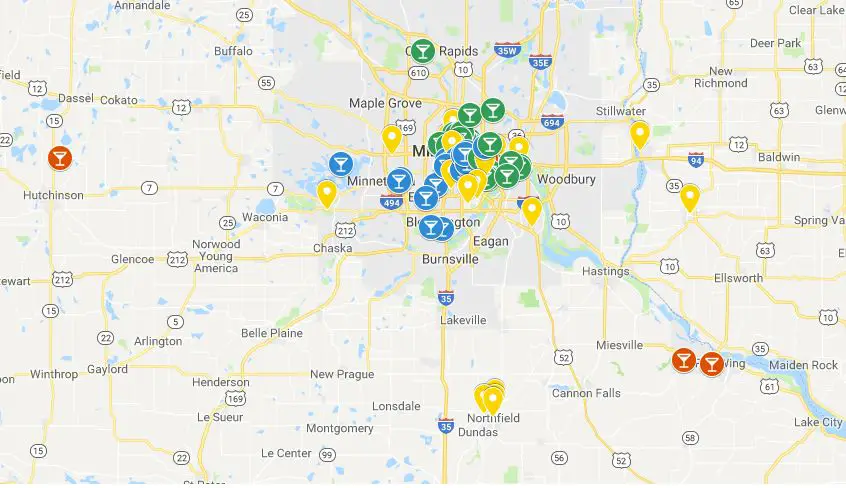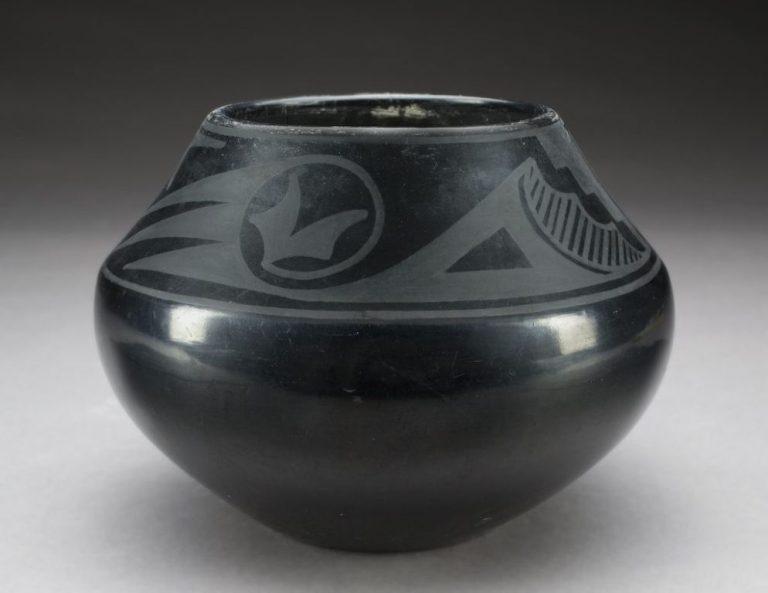Where Is Nceca Held?
The National Council on Education for the Ceramic Arts (NCECA) is a non-profit organization founded in 1966 after several years of affiliation with the Ceramics Education Council of the American Ceramic Society (https://nceca.net/about-us-1). NCECA serves as a hub to connect and support ceramic arts professionals across the United States. The organization hosts an annual conference to bring together ceramic artists, educators, students, manufacturers, and suppliers (https://en.wikipedia.org/wiki/National_Council_on_Education_for_the_Ceramic_Arts).
Rotating Conference Locations
The NCECA conference location rotates to a different city in North America each year. According to the NCECA website, “NCECA’s annual conference is hosted in a different city each year to provide broader access to NCECA’s programming, exhibitions and services” (NCECA – About Us). The conference began in 1966 and has taken place in cities across the United States and Canada.
Some locations have hosted the conference multiple times, while many cities only host it once. By changing the location annually, NCECA can expose new audiences to ceramic arts and provide existing members the opportunity to visit and explore different parts of North America. The rotating locations also allow NCECA to partner with different local arts organizations and venues each year.
Host City Selection Process
NCECA utilizes a competitive bidding process for cities and organizations to host the annual conference. According to the NCECA State Conference Planning Manual, the selection process begins 2-3 years prior to the conference date [1]. Interested host cities or local arts organizations submit detailed proposals highlighting their venue facilities, local partnerships, attendee accommodations, accessibility, and overall vision for their conference. Submitting a competitive bid is essential since NCECA receives multiple proposals each year. An NCECA site selection committee reviews all proposals about 24 months before the conference date. They consider criteria like proposed venue capacity, travel accessibility, affordability, geographic location diversity, and local enthusiasm. After careful evaluation, the committee selects a future host city and begins preparations.
This rigorous selection process allows NCECA to thoroughly vet proposals and choose the best host city fit each year. It enables them to plan conferences matching their needs for space, attendee experience, and location diversity.
Upcoming Conference Locations
NCECA has confirmed the next few locations for its annual conference through 2024. According to the NCECA website, the 57th Annual Conference will be held in Cincinnati, Ohio in 2023 from March 15-18 [1]. The following year, the 58th Annual Conference will take place in Richmond, Virginia from March 20-23, 2024 [2].
NCECA has historically rotated its conference location around the United States. Recent and upcoming locations beyond 2024 have not yet been formally announced, but NCECA is expected to continue partnering with cities across the country to host this important annual event for ceramic arts professionals and enthusiasts.
Popular Host Cities
Some cities have hosted the NCECA conference multiple times over the years. According to the National Council on Education for the Ceramic Arts website, Portland, Oregon has hosted the most NCECA conferences with 6 total as of 2022 https://nceca.net/. Other popular host cities include Tampa, Florida which has hosted 5 times and Pittsburgh, Pennsylvania which has also hosted the conference 5 times. Having established convention centers and vibrant arts communities make certain cities attractive for regularly hosting this major ceramics conference.
Geographic Distribution
When selecting host cities, NCECA aims for geographic diversity and rotates the location across different regions of the United States and Canada. This provides accessibility for different groups of artists, educators and ceramics enthusiasts each year. For example, the 2022 conference was held in Sacramento, California, while the 2023 conference will be in Cincinnati, Ohio. Upcoming conferences include Richmond, Virginia in 2024 and Minneapolis, Minnesota in 2025.

The geographic rotation allows NCECA to expose new audiences to the conference while also reconnecting with those in previous host cities. Attendees appreciate the opportunity to visit different art communities and explore ceramics culture across North America. The diversity of locations is an important part of NCECA’s mission to engage and support ceramic arts nationwide.
Venue Requirements
NCECA has specific requirements for convention centers that host its annual conference. According to NCECA’s State Conference Planning Manual (https://www.ces.ncsu.edu/wp-content/uploads/2012/08/State-Conference-Planning-Manual-2.pdf), the ideal venue is a convention center with at least 200,000 square feet of contiguous exhibit space. This allows for adequate room to house hundreds of exhibits and demo stations. There should also be breakout rooms of various sizes to accommodate educational sessions and workshops, with the main ballroom seating up to 2,000 people.
In terms of hotel rooms, NCECA requires room blocks totaling 3,000-5,000 rooms within close proximity of the convention center. Hotels should represent a mix of luxury, moderate, budget, and economy tiers to serve attendees across income levels. The headquarter hotel needs at least 600 rooms along with ample meeting space. Shuttle services are necessary for transporting attendees between hotels and the convention center if a walkable distance is not possible (https://nceca.net/2023-registration-pricing).
Other key venue features include free public WiFi capable of supporting thousands of devices, food service areas, business centers, parking, and accessibility features. The host city must have an international airport located within 30 miles to accommodate travelers from around the world.
Local Partnerships
When selecting host cities, NCECA partners with local arts organizations, museums, galleries, and universities to help organize and support the conference. For example, the 2023 conference in Cincinnati is being co-hosted with the Cincinnati Art Museum, the Taft Museum of Art, and Northern Kentucky University (according to https://nceca.net/about-us-1). These local partnerships provide resources, volunteers, venues, and visibility that make each conference unique.
Partnering with respected local institutions also helps showcase the vibrant arts and culture scene of the host city. Local partners curate special exhibits, tours, receptions, and educational programming to tie into the conference theme and events. Attendees get to directly experience the city’s arts community by engaging with these partner organizations.
Attendance Impact
The NCECA conference brings significant economic benefits to its host cities. According to the NCECA Press Room, NCECA’s 2018 conference in Pittsburgh, Pennsylvania had an estimated economic impact of more than $6 million. Thousands of attendees converge on the host city each year, booking hotel rooms, dining at local restaurants, shopping at area businesses, and utilizing public transportation and other services.
Ceramics Now reported the 2023 conference in Cincinnati, Ohio is expected to bring over $5 million in economic impact. Hosting NCECA provides a major boost to local economies and highlights the vibrant arts and culture scene of the region.
Looking Ahead
NCECA’s annual conference brings together ceramic arts professionals, students, and enthusiasts from across North America and around the world. As we’ve seen, the conference location rotates each year to a different major city selected through a competitive bidding process. Upcoming host cities include Pittsburgh, Pennsylvania in 2023 and Sacramento, California in 2024.
Popular past host cities like Tampa, Portland, Seattle, and Denver demonstrate NCECA’s commitment to featuring diverse regions and providing geographic access across North America. The conference continues to evaluate potential new destinations as well as revisit favorite locations on a regular basis.
While the host city may change, NCECA’s core mission remains the same – supporting ceramic arts education and connecting the diverse ceramic arts community. As NCECA looks ahead to future conference locations, they strive to provide inspiring settings and accessible venues to fulfil this mission. Ceramic arts enthusiasts can look forward to exploring new host cities and revisiting favorites at many memorable NCECA conferences to come.



